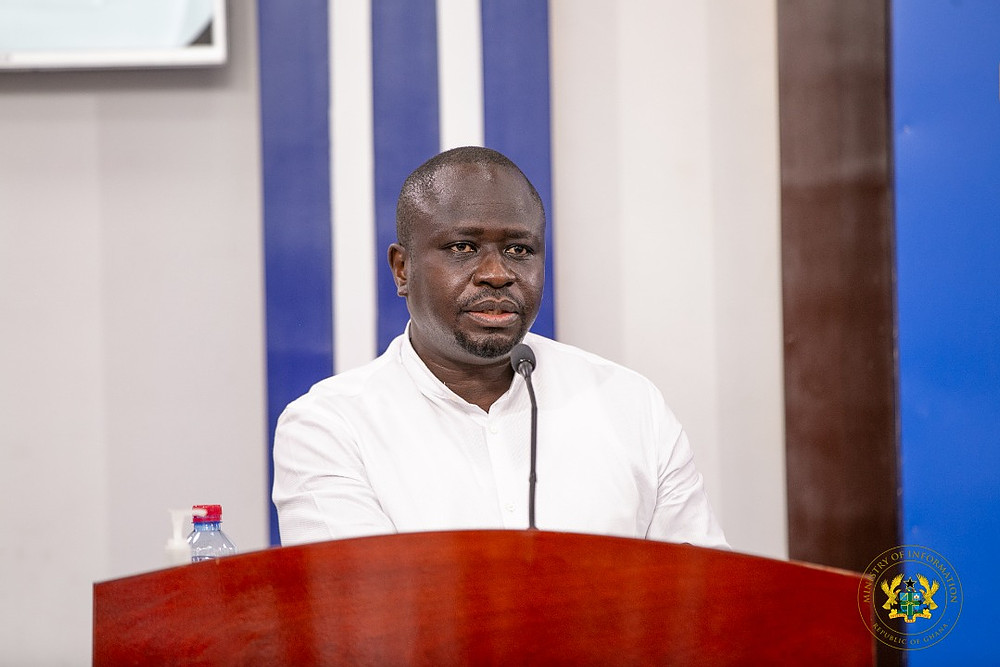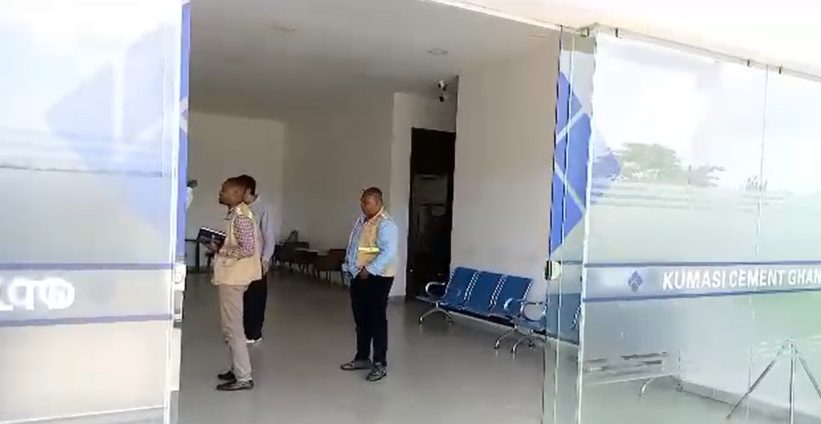
The counting of all persons in transit and in short stay at places such as hospitals, guest houses and hospital in-patients will be done on Sunday, June 27, the day designated as the Census Night.
The enumeration of persons in households and long stay institutions and their homes will start the following day, June 28 and continue for two weeks, to July 11, this year
Enumerators will visit all households and institutions, and collect detailed information on the persons that slept there on Census Night.
However, all those in the country on Census Night (June 27) must keep in mind where they spent the census night in Ghana because all questions would be related to it.
Actual enumeration
The Census Night is the start of the actual enumeration of people, taking into consideration social and demographic characteristics of persons such as age, sex, education, ethnicity and religion.
Whether the person is literate, the level of education, economic activities engaged in, otherwise the employment status, job description, occupation and industry will be of importance to the 67,419 enumerators deployed across the country to physically count, virtually, everybody and structures in a national population and housing census
Field data collection started on Sunday June 13, this year with the listing of all structures, an exercise which has been so successful, an official of the Ghana Statistical Service (GSS) told the Daily Graphic.
The census is to determine the number of people and housing types and their characteristics in every town or village in the country.
It will help both the central and the local government, including the private sector, to plan their programmes.
GSS ready
The Government Statistician, Professor Samuel Kobina Annim, told the Daily Graphic in an exclusive interview Friday that: “Following the successful listing exercise, the Ghana Statistical Service is ready for the second and main phase of data collection for the 2021 Population and Housing Census.”
The listing exercise which has currently covered 99.9 per cent of the enumeration areas in the country and counted 98.3 per cent of the expected structures
The exercise has provided information on all the structures in which persons reside and therefore will engender complete coverage of persons during enumeration.
Prof. Annim said the enumeration phase of the census would be preceded by the celebration of the Census Night on Sunday, June 27 to raise awareness for the purposes of recalling where persons spent the night of June 27.
“The reference to the Census Night is specifically for harmonising responses across all persons and does not imply counting will occur only on the night of June 27, 2021,” he said.
Methods
“On the 27th night, enumerators will not visit any household or institution for purposes of counting. Only a select category of persons, that is those in transit and outdoor sleepers, will be counted,” Prof. Annim explained.
He said GSS had put in place several quality assurance measures to assure the success of the enumeration.
Those included the use of technology to ensure operational efficiency and real-time activity and enumeration tracking (e.g. use of interactive maps for complete coverage, inclusion of basic data edit specs in the CAPI application to improve data quality at collection points, synchronisation of data directly from the field to the central servers in near real-time using internet to aid continuous data quality monitoring by administrative unit, and use of the dashboard for enumeration tracking at the EA level).”
The Government Statistician said: “Census taking is dignifying for every country in view of the international recognition and support. In collaboration with the UNFPA and other development partners, 19 independent observers have been recruited and trained to provide feedback and comprehensive reports on the implementation of field activities.”
Logistics deployed
Prof. Annim added that “the needed logistics for the enumeration have been deployed to all districts.
That, he said, included tablets, bags, certificates of enumeration, call-back cards, reflective jackets, caps and raincoats.
At the start of the exercise, 67,419 field officers would be deployed, he said, indicating that “this number is out of the 70,000 qualified personnel selected after training. The remaining 2,581 are standby enumerators who are utilised in cases where there is attrition or where support enumerators are needed.”
Data transfer
On how data will be transferred, Prof. Annim said as was done during the listing exercise, the data collected by enumerators would be synchronised to a central server.
“The data will be encrypted on the tablet to safeguard its safety. Further, all responses provided to enumerators during the Census are strictly confidential.
Disclosure of any information obtained in the census without lawful authority is an offence liable to a fine, a term of imprisonment, or both per the Statistical Service Act, 2019 (Act 1003),” the Government Statistician stated.
He noted that to enforce the confidentiality, all enumerators were required to take an oath of secrecy.
The new system will use detailed geospatial information such as capturing the Geographic Positioning System (GPS) coordinates of all structures to improve resource targeting to areas that need them the most.
There will also be online dashboards and comprehensive data quality assurance procedures such as the use of real-time enumeration and data quality monitoring to ensure that every structure and person were counted.
Identification of enumerators
“Enumerators can be identified by their attire – they will wear reflective blue jackets and white caps emblazoned with the 2021 PHC logo.
They are required to present a photo ID when they visit. Any respondent with concerns about an enumerator should call the toll-free call centre on 0800-426-426. Enumerators will observe all COVID-19 protocols, the GSS explained.
Census at last
This year’s census was originally planned to take place last year, but due to the COVID-19 pandemic, the exercise was rescheduled.
Ghana conducted its first census in 1891, during British colonial rule. It has, since independence, conducted five censuses — 1960, 1970, 1984, 2000, with the most recent one being the 2010 census, which said Ghana’s population then was 24.7 million.
 Naagyei 90.3 Fm Agyapa
Naagyei 90.3 Fm Agyapa




